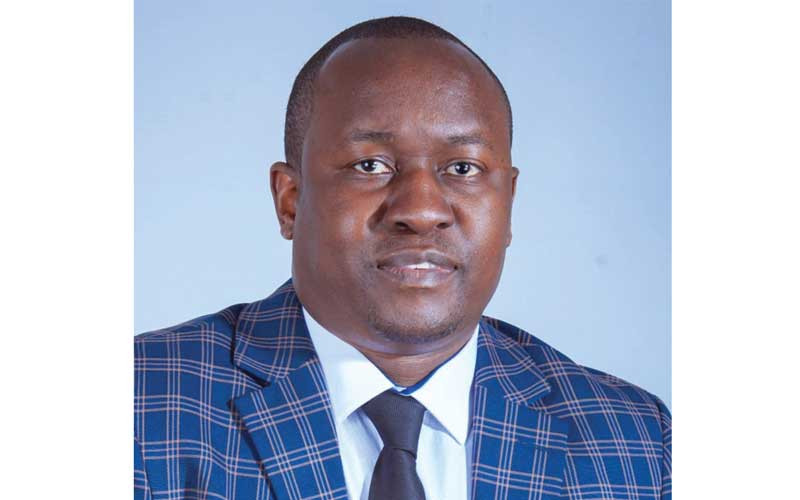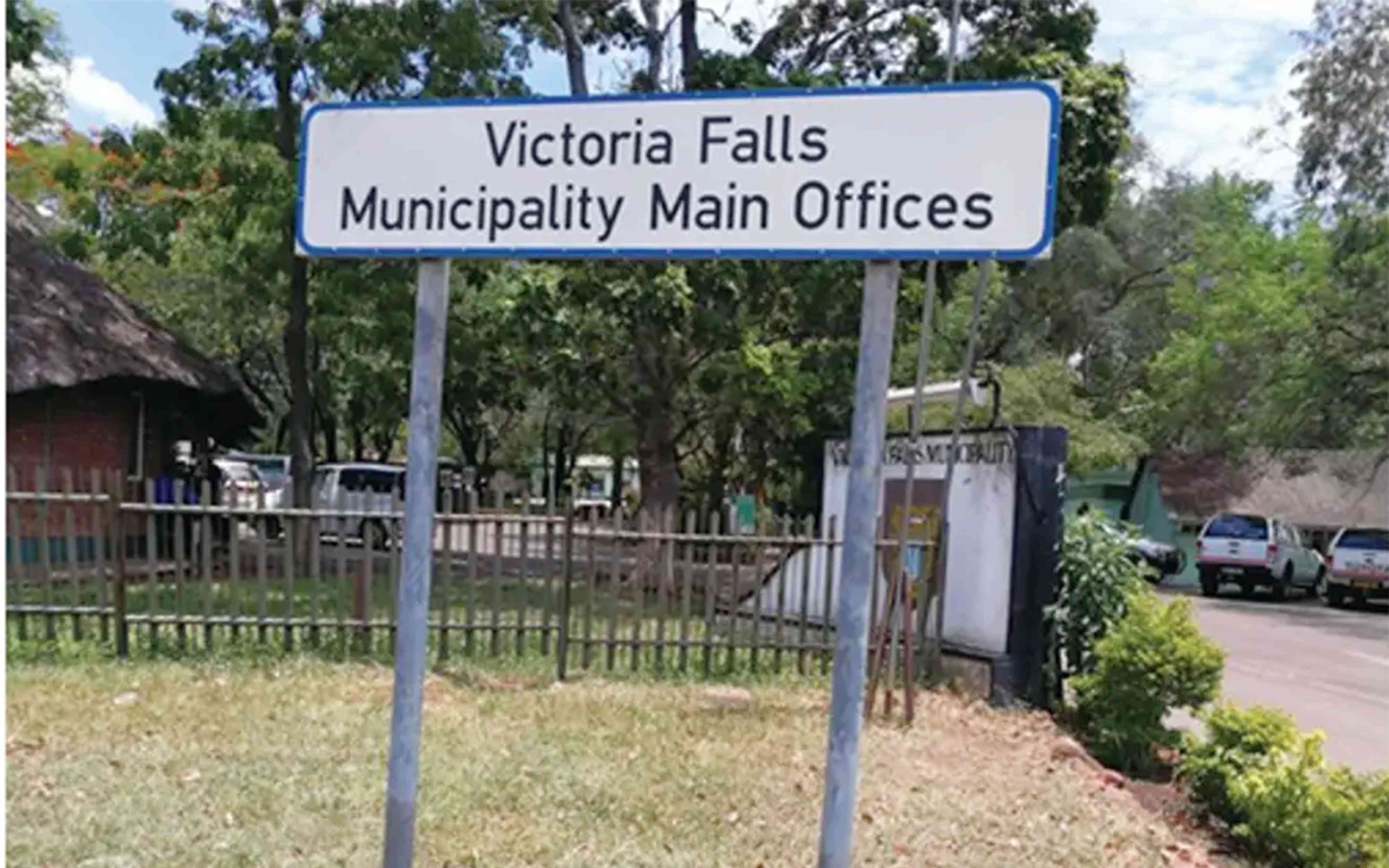
ZIMBABWE has a serious shortage of actuaries, industry officials said this week, revealing that there are only 20 qualified actuaries serving in the country compared to the minimum of 200 needed for the sector to function effectively.
Actuaries analyse the financial costs of risk and uncertainty, using mathematics, statistics, and financial theory to assess the risk of potential events.
They help businesses and clients develop policies that minimise the cost of that risk.
As such, their work is essential to the insurance industry.
According to Tafadzwa Chiduza, president of the Actuarial Society of Zimbabwe (ASZ), the shortage of actuaries has been worsened by a significant brain drain that has affected the industry over the past five years.
“My view is that we do not have enough actuaries in Zimbabwe. We have a lot of challenges as a country, which also presents opportunities for actuaries,” he told Zimbabwe Independent this week.
“This combined with global initiatives such as accounting standards like IFRS9, IFRS17 and risk-based capital regimes, such as Internal Capital Adequacy Assessments (ICAAP) for banks and Zimbabwe Integrated Capital Programme (ZiCARP) for insurance companies create huge skills gap for actuaries to grow into.
“If you look at the massive research we could carry out for our pensions and investment sectors, I forecast we need a minimum of 200 actuaries serving our country compared to the current 20.”
- Feature: Horrors of high unemployment
- Zimbabwe crisis a boon for neighbours
- CFI chair voted best leader
- Zimind editor scoops global award
Keep Reading
He added: “If you look at Kenya as a market you would notice that they have grown their local actuaries to beyond 90 and still seek to add more actuaries. South Africa has over 1 000 actuaries and still has room for more. Chartered accountants in Zimbabwe, who are our close peers are in excess of 2 000. Hence, I believe we need more actuaries.”
Chiduza said they were not spared when it comes to brain drain and in the past five or so years, they have lost a number of newly qualified actuaries to the global markets.
“Ours is an international profession hence it is easy for talent to find its way to where it is rewarded the most. We hope as globalisation and Artificial Intelligence expands it would make it easy to retain talents locally,” he said.
“At best we could start exporting our services to the global markets minimising the need for members of the actuarial profession relocating physically to other jurisdictions. In this way, our country would continue to benefit from the talent it develops.”
Chiduza, however, said the sector was steadily growing with the number of qualified actuaries increasing to around 20, based locally and a larger number operating from outside the country.
The ASZ president said this number was dwarfed by the experienced students, who are in the process of becoming fully qualified actuaries.
“It is also exciting to note that actuaries are spreading their wings; with some found in areas such as mining, asset management companies, banks and data science fields,” he said.
“This is in addition to the traditional areas of pensions, life and non-life assurance which is what we are traditionally known for.
“In these entities actuaries occupy the C-suite while some carry out the technical work. These pacesetters are trailblazing the track for the new aspiring actuaries.
“We are excited that different stakeholders take notice and entrust our skills in helping advise and guide businesses.”
The industry is working on the actuaries bill, which, according to Chiduza, seeks to take the profession to the next level in terms of boosting confidence and reliance on their work to all stakeholders.
He believes that by the end of this year, the bill would have been finalised and signed into law.










